It is a comeback story. At the start of 2013, Timea Bacsinszky, who began hitting tennis balls at the age of three, decided to hang up her racket. 2012 turned out to be a hugely disappointing year. The previous year was marred by injuries, including a broken foot off the court. As a child, she had dreamed of becoming a waitress, as “pleasing others” is part of this young woman’s nature, as she herself put it, even if this may seem paradoxical in competitive sport. That year Timea decided to gain work experience in a hotel, having left secondary school early to focus on tennis.
But at the end of May 2013, when she decided to leave the tennis court behind perhaps for ever, the sport made one final appeal to the youngster from Vaud in the form of a phone call, as explained by her lifelong coach Alexandre Ahr. “The Roland Garros tournament called to ask her to enter the French Open. She was 220th in the WTA rankings at the time, and set off alone by car to play in the qualifiers. Timea (editor’s note: who lost in the first round) was given the opportunity to play tennis again.” At this point, one of the major decisions in the player’s life was choosing a new coach. This was Dimitri Zavialoff, the man who had coached StanWawrinka since the start of his career. “He is very wise,” revealed Timea Bacsinszky. He is a good listener, even when it comes to things not directly related to tennis, and I have every confidence that he will help me to become not just a better player but also a better person.”
Coming to terms with a stolen childhood
Media reports have frequently alluded to a shadow hanging over Timea’s life – that of her father, Igor Bacsinszky, a Romanian tennis coach who was her first trainer. She has not seen him for several years, and it has taken some time for the athlete to cast him off both physically – he handed over the reins as her coach when she was 13 – and also psychologically. “I never really had a father since he was not willing to play that role, and I had to come to terms with that. He wanted to bask in the glory,” claimed the tennis ace, who was born in Lausanne to a Hungarian mother in 1989. Timea faced up to her demons and her stolen childhood by calling on the help of a psychologist. That was in 2013. “I didn’t go and see her as a tennis player but as a woman,” she pointed out, “But this approach ultimately helped me tremendously with my development as a tennis player.”
The semi-finalist at Roland Garros in 2015 is now starting to make her own decisions. “Before 2013, I followed the path I was led down rather than what was in my heart,” she went on to say.
A state of wonderment and victories
2014 marked the start of an upward curve for Timea Bacsinszky. In the autumn, she beat Maria Sharapova – ranked 4th in the world at the time – at the Wuhan tournament in China. In January 2015, she triumphed over Petra Kvitova (WTA number 4) in Shenzhen. This was followed by victories in Acapulco and Monterrey in Mexico. She also reached the quarter-finals in Indian Wells, Marrakesh and Madrid. “She chalked up 13 consecutive wins,” said her coach Alexandre Ahr, who pointed out that at the end of June before Wimbledon the Swiss player’s real ranking was up to number 8 (but 15th in the WTA ranking), taking into consideration the matches she had played since the start. Ahr said that he had discovered in Bacsinszky a “state of wonderment”.
At the start of major tournaments, Timea Bacsinszky said she was not feeling the pressure. “I look at myself in the mirror after a match and know I’ve given my all. I certainly always try to make things as difficult as possible for my opponent, to frustrate her, but it’s OK if that doesn’t work.” Whether she’s playing in Tallinn, Kreuzlingen or Cincinnati, her coach asks her to approach matches with the same humility. Timea believes she has “mellowed” and gets annoyed less on court. In a TSR report broadcast in April 2008, she can be seen swearing in Hungarian after making a mistake, and is taken to task by her former trainer, the Iranian Erfan Djahangiri. “I don’t swear any more, or very rarely, even if it was handy since nobody could understand me,” she laughed. She spoke Hungarian for the first four years of her life and is fluent in five languages today, including Italian and German. “It’s very Swiss,” acknowledged this lover of fondue and raclette who enjoys nothing more than drinking a Rivella when she returns home to Switzerland.
Being able to fund a permanent staff
The Swiss player’s life changed somewhat after Roland Garros. Timea even succeeded in posing problems for world number one Serena Williams, leading her 6–4 and 3–2. “After that semi-final, the people of Lausanne have constantly stopped me in the street to congratulate me,” she said. This victory in a Grand Slam has also brought in some money, but not to the extent that they caused her “wealth-related issues”, she said. Rather, she is simply pleased to be able to “fund her own tennis”. In particular, this means her staff can accompany her on the circuit most of the time. However, the Swiss star pointed out that the career of female tennis players is over at 35, and that while tennis can pay well you have to be “smart” to start over again afterwards.
stéphane herzog is AN EDITOR WITH the “Swiss review“
The shadow of Martina Hingis
Besides her father›s shadow, that of Martina Hingis has also hung over Timea Bacsinszky’s career. Like Hingis she turned professional at 14 and won the “Tournoi des Petits As” in Tarbes, France, on two consecutive occasions, which created enormous expectations of her. When she reflects on her career, the former world number 1 at under-14 level sometimes mentions the professional tournament in Dinan, France, which she won in 2004 and 2006. In 2004 and 2005, she was a semi-finalist three times in junior grand slam events at the Australian Open and Roland Garros. She won her first WTA tournament in Luxembourg in 2009. Timea Bacsinszky went from 285th in the WTA rankings in 2013 to 15th after her semi-final in Paris in June 2015.
Competitive sport and depression - the story of the former gymnast Ariella Kaeslin
People caught up in the spiral of high-level sport at an early age often experience terrible personal turmoil, which can result in depression. This happened to the former Swiss gymnast Ariella Kaeslin after the national star retired in 2011.
“Leiden im Licht: Die wahre Geschichte einer Turnerin” (Suffering in the limelight: the true story of a gymnast) recounts the life of a young gymnast cut off from her family to pursue the path of glory. The training regime at the sports centre in Macolin was arduous. The young athletes were treated like objects which simply have to be repaired if they get injured. Ariella Kaeslin, world runner-up and European champion on the vault in 2009, smiled under the spotlight but used to cry in the showers after every training session. Gymnasts had to endure both verbal and physical abuse during the sessions, where they were subject to disparaging remarks and made to live under constant fear of gaining weight. Like Timea Bacsinszky, depression spurred Ariella Kaeslin to look for psychological help to deal with the traumatic experiences of her youth. This moment arrived for her when she felt an excruciating sense of emptiness, having experienced the highs and lows of the sport for a long period. Released in June, the book sold 10,000 copies in two weeks.
“Leiden im Licht: Die wahre Geschichte einer Turnerin”; Christof Gertsch and Benjamin Steffen; Verlag NZZ Libro,2015; CHF 29 Euro 19.90, E-Book CHF 19.90
Picture Timea Bacsinszky after her victory in the quarter-finals against the Romanian Monica Niculescu on 6 July 2015 at Wimbledon
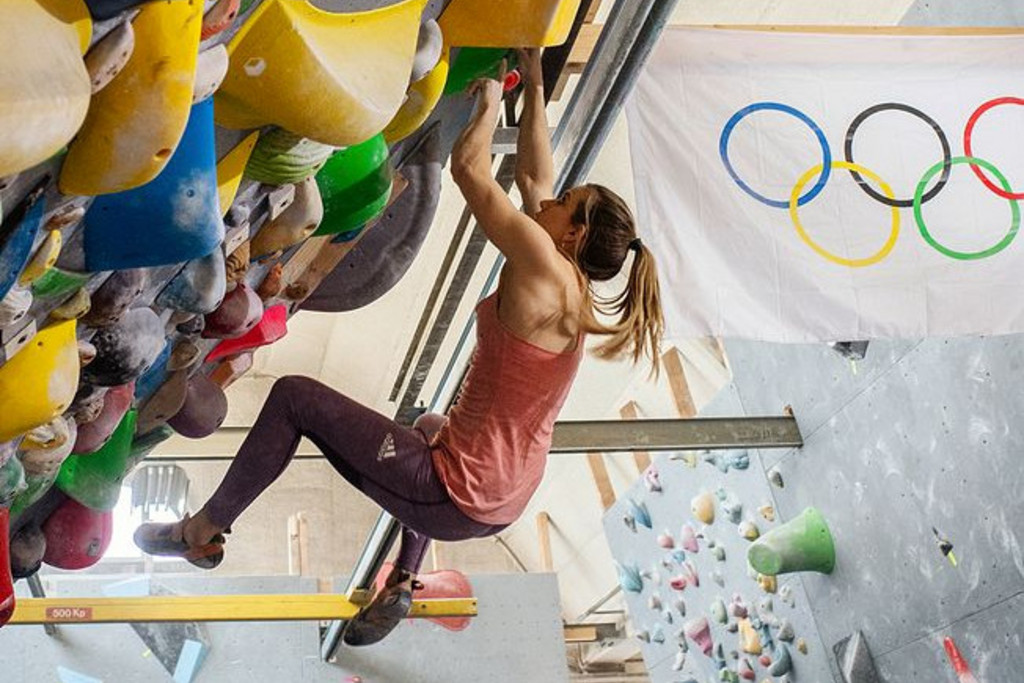
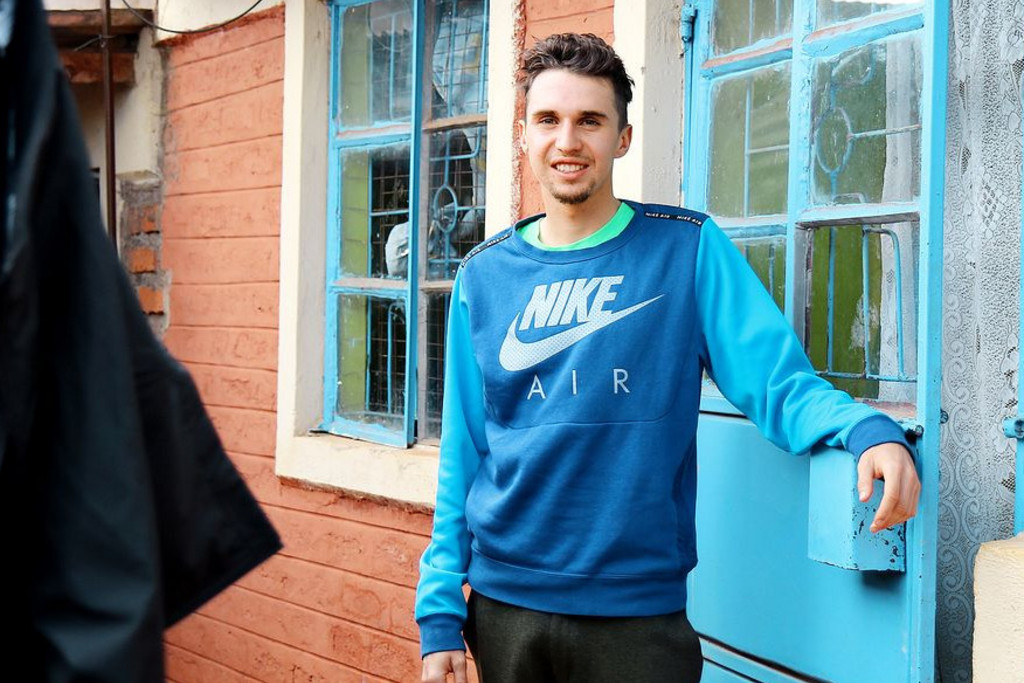
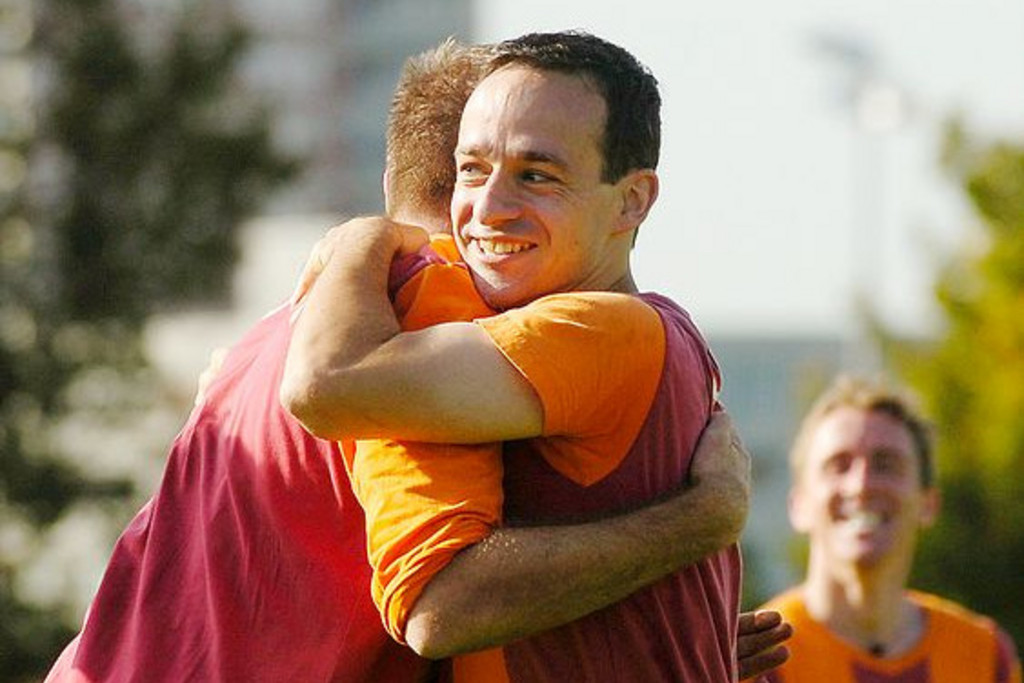
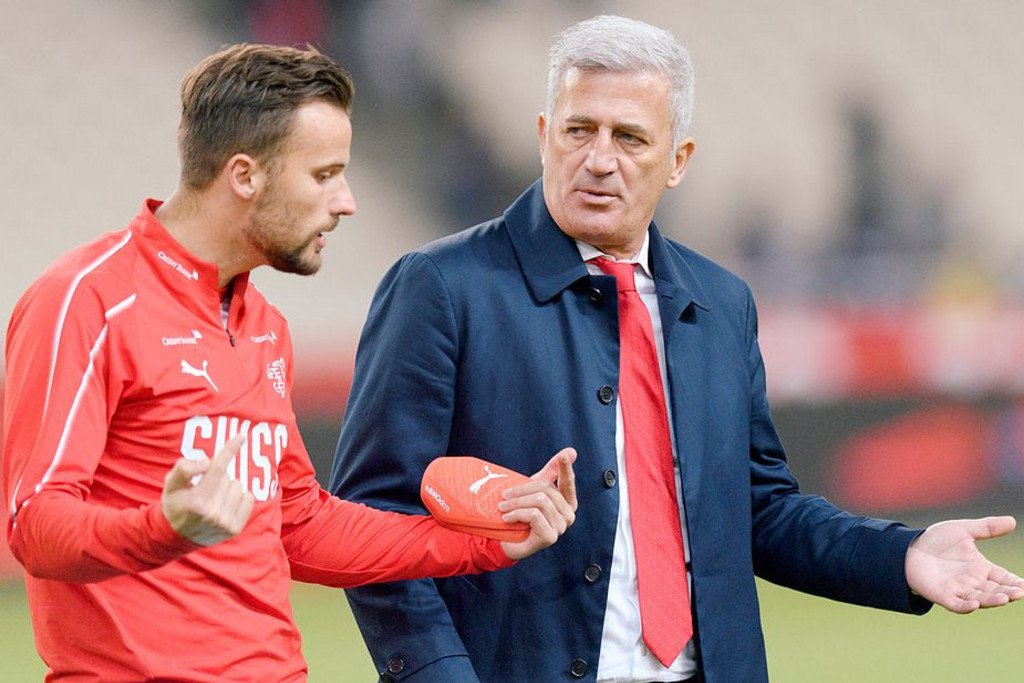
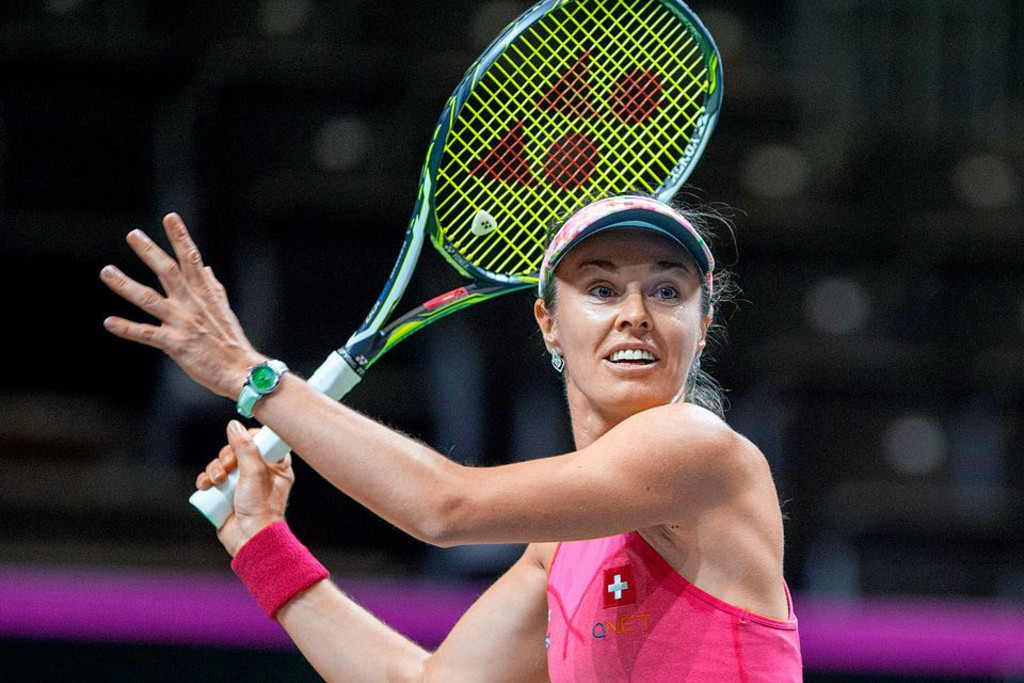
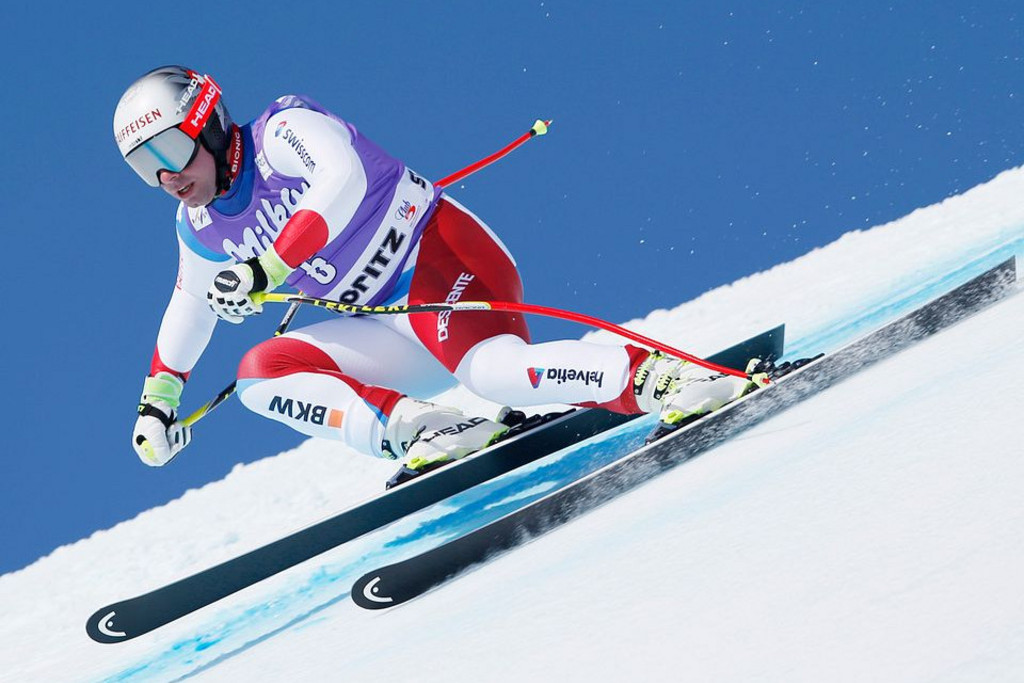
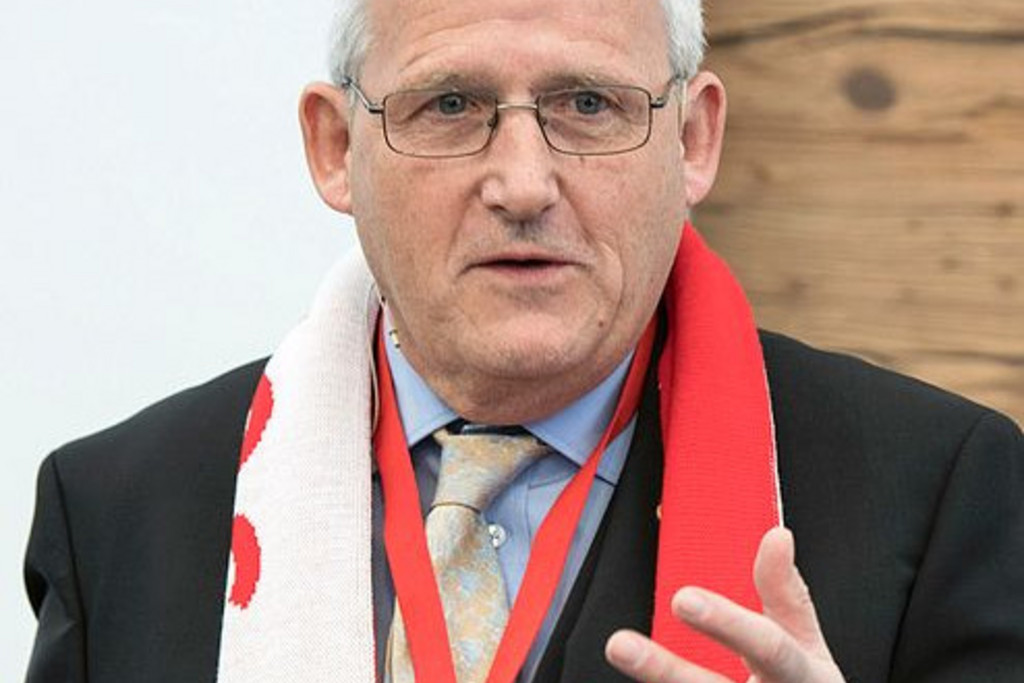
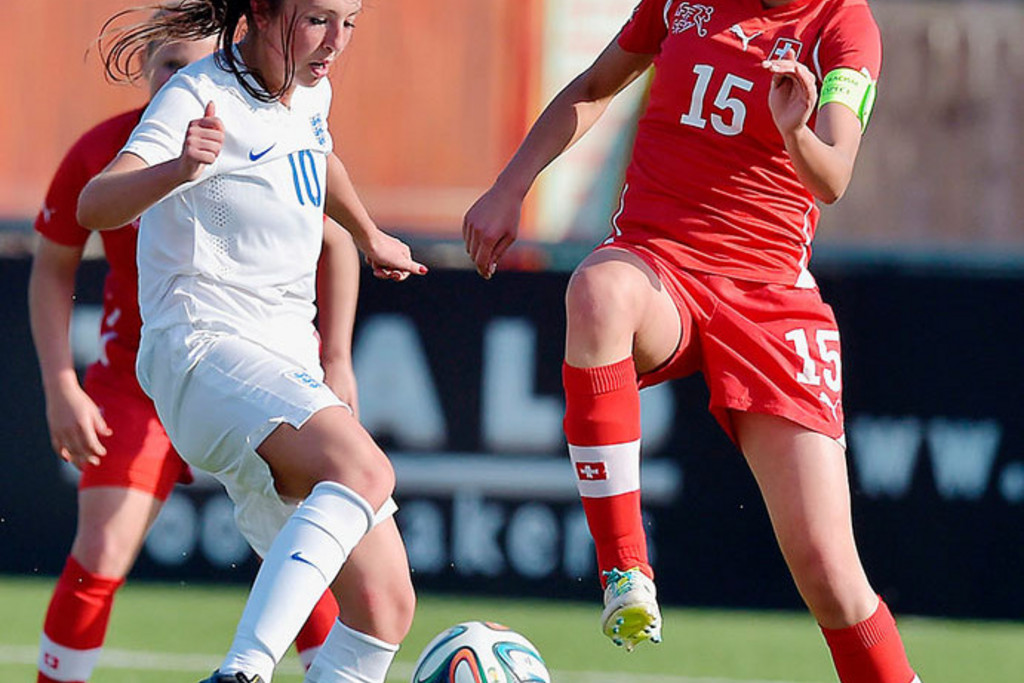



Comments
Comments :
Merci für den fundierten Artikel. Ich mag sowohl Timea wie auch Ariella und habe grossen Respekt vor ihren Entscheidungen, der Oeffentlichkeit nicht nur die Sonnenseiten ihrer Erfolge zu zeigen. Interessanterweise sind es vorwiegend Frauen im Spitzensport, die den Mut haben, ihr (meist männliches)Umfeld zu diskreditieren, das versucht (hat), sie ohne Rücksicht auf menschliche, emotionale und seelische Verluste zu manipulieren. Well done, my Sisters! Und nur das Beste für Eure Zukunft!